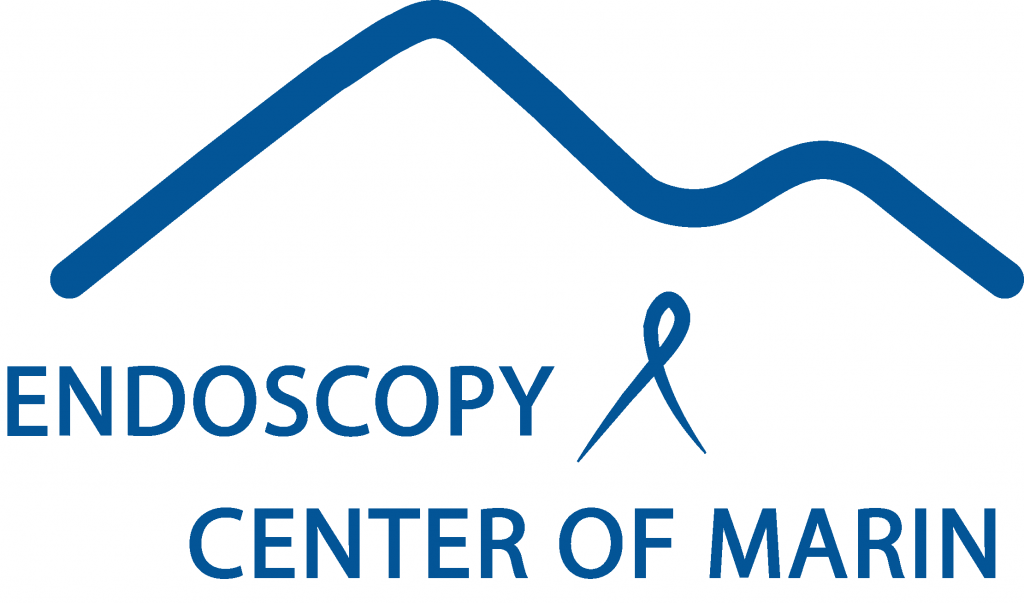Indigestion
Indigestion is a persistent pain or discomfort in the upper abdomen. This symptom is typically a sign of an underlying problem such as chronic acid reflux, also known as gastroesophageal reflux disease (GERD), ulcers, or gallbladder disease.
Indigestion is very common and can affect men and women of all ages.
Symptoms of Indigestion
- Burning in the stomach or upper abdomen
- Abdominal pain
- Bloating
- Belching and gas
- Nausea and vomiting
- Acidic taste
- Growling stomach
These symptoms may increase in time of stress. Many people often experience heartburn, a burning sensation in the chest, along with indigestion.
Indigestion has many causes including, ulcers, GERD and irritable bowel syndrome (IBS). Women who are pregnant also tend to experience indigestion.
Certain medications can also cause indigestion, such as aspirin and ibuprofen, estrogen and oral contraceptives, steroid medications, some antibiotics, and thyroid medicines.
Most episodes of indigestion go away without medical attention. Making certain lifestyle changes can alleviate symptoms of indigestion:
- Chewing with your mouth closed. Opening your mouth when you chew causes you to swallow too much air, which can aggravate indigestion.
- Eat slowly
- Drink fluids after meals rather than during
- Avoid eating late at night
- Avoid spicy foods
- Quit smoking
- Avoid alcoholic beverages
If your indigestion persists and symptoms worsen, you should consult your physician or a gastroenterologist (GI). Because indigestion is a symptom rather than a disease, treatment of indigestion will depend on the underlying cause of your symptoms. Your doctor may perform blood tests and/or take X-rays of your stomach or small intestine to determine the cause of your indigestion. Another way to diagnose the cause is by performing an upper endoscopy to get a closer look at the stomach.
